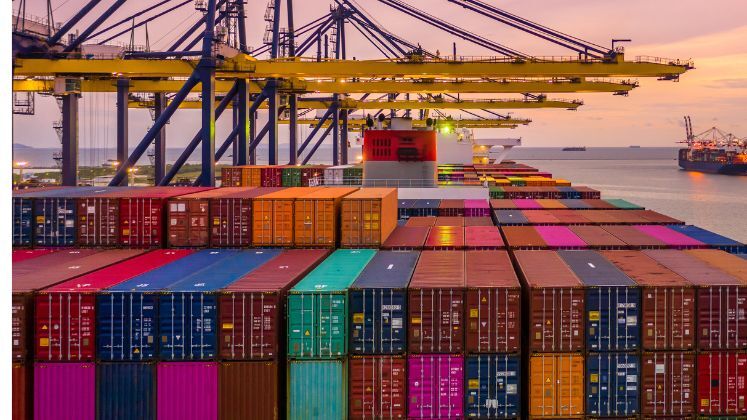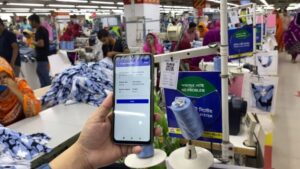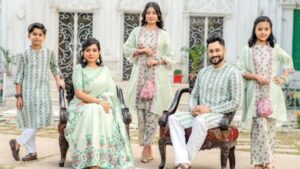
Bangladesh’s readymade garment (RMG) sector demonstrated resilience and robust growth in the first nine months of FY ‘2024–25, with exports rising by 10.84 per cent year-on-year to US $ 30.25 billion, according to the Export Promotion Bureau (EPB).
The impressive performance was primarily fueled by strong demand from traditional markets, notably the European Union, the United States, the United Kingdom, and Canada, which continue to be the main drivers of Bangladesh’s export engine. The EU alone accounted for nearly half of the total RMG exports during this period, with shipments valued at US $ 15.07 billion — an 11.31 per cent increase from the previous year. Germany emerged as the top EU importer at US $ 3.80 billion, followed by Spain, France, the Netherlands, and Poland, with growth rates in several countries indicating an upward trend, especially in environmentally conscious markets.
The United States, Bangladesh’s second-largest apparel market, saw a remarkable 17.23 per cent increase, with exports reaching US $ 5.74 billion. Exports to the UK and Canada also grew, at 4.14 per cent and 15.66 per cent, respectively, totaling US $ 3.36 billion and US $ 963.85 million.
Faruque Hassan, former president of BGMEA, credited the sector’s resilience to ongoing investments in innovation, sustainability, and efficiency, which have bolstered buyer confidence and supported increased order volumes. “Our factories are investing in innovation, sustainability, and efficiency, which is giving buyers the confidence to increase their orders,” he said. “We’re also benefiting from global sourcing shifts, especially as brands look to diversify away from China.”
Bangladesh’s efforts in environmentally sustainable manufacturing have gained international recognition, with over 200 LEED-certified green factories. Buyers are increasingly prioritising sustainability, social compliance, and reliability alongside cost-effectiveness, further strengthening Bangladesh’s competitive position.
While traditional markets continue to dominate, the sector also experienced a 6.66 per cent increase in exports to non-traditional markets, totaling US $ 5.12 billion — about 17 per cent of total exports. Countries like Japan, Australia, and India showed notable growth, alongside remarkable gains in Mexico and Turkey, which recorded growth rates of 23.44 per cent and 32.54 per cent, respectively. Conversely, exports to Russia, South Korea, the UAE, and Malaysia declined amid geopolitical tensions and shifting trade dynamics.
Despite positive trends, concerns remain over potential US tariff hikes. Discussions in Washington regarding a 37 per cent reciprocal tariff, currently suspended for 90 days, have raised apprehensions among industry stakeholders. Bangladesh currently faces tariffs ranging from 15 per cent to 33 per cent depending on the product, with recent additional tariffs of 10 per cent. Experts warn that further increases could threaten Bangladesh’s competitiveness in its second-largest market.
Faruque Hassan highlighted ongoing dialogue with US stakeholders, stressing the importance of maintaining market access given Bangladesh’s progress in labour rights, factory safety, and sustainability.
The sector’s knitwear segment led growth with an 11.22 per cent increase, driven by demand in traditional markets, while woven garments grew by 10.40 per cent, performing well across both traditional and emerging markets.
As Bangladesh’s RMG exports show promising growth, industry leaders stress the importance of diversifying markets and strengthening strategic engagement to sustain momentum amid evolving global trade dynamics.






